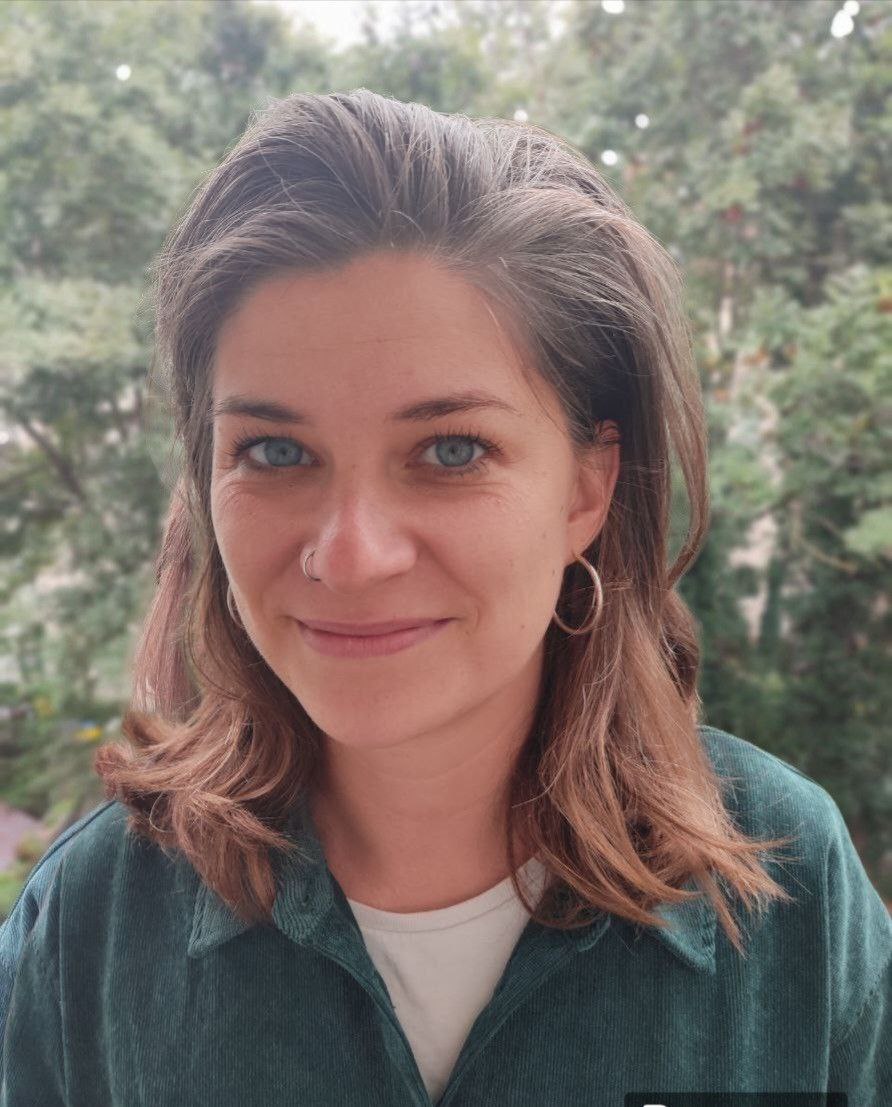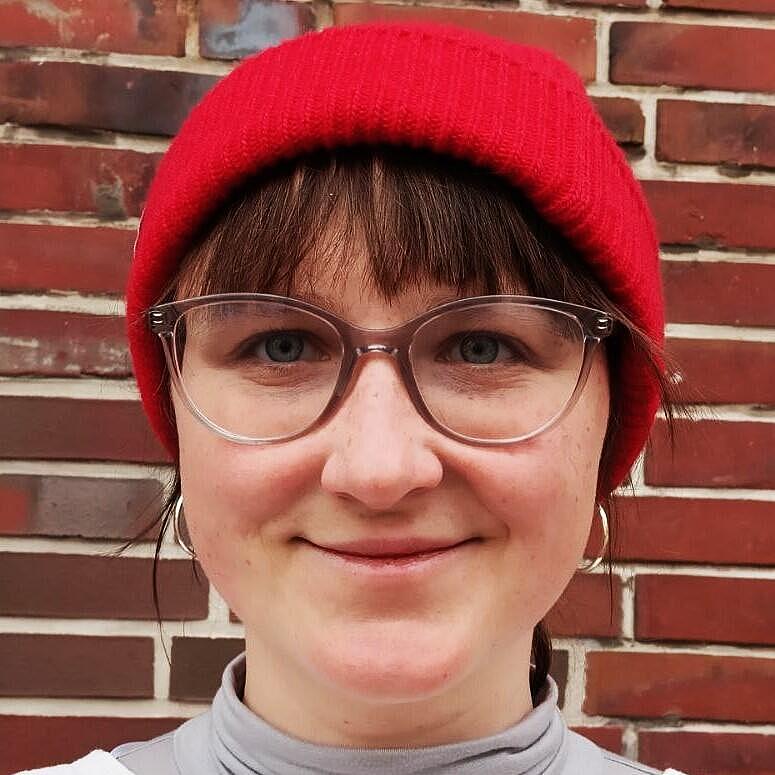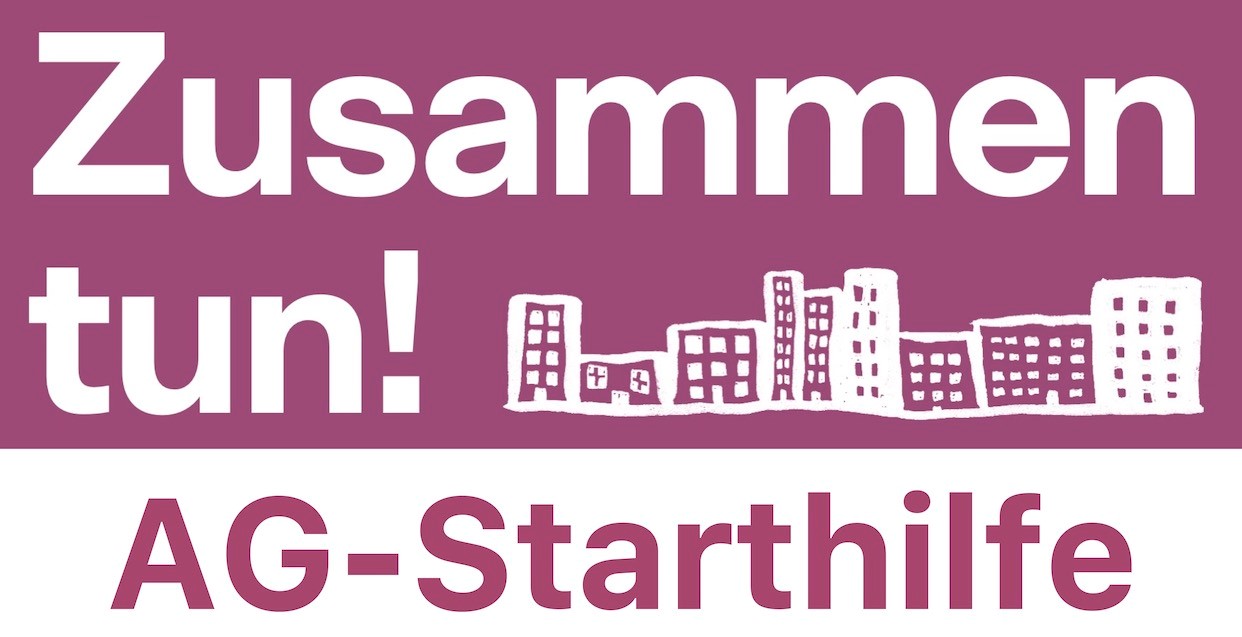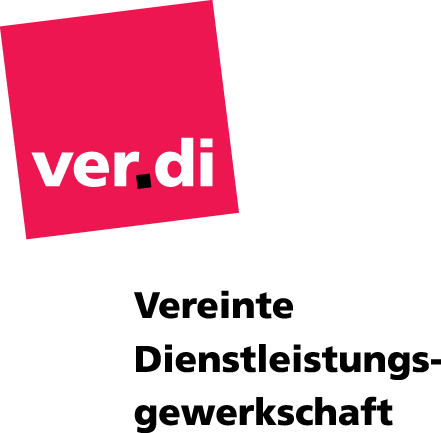- Status: Laufendes Projekt
- Laufzeit: –
Research project
SONAR: Organising solidarity in the neighborhood and at the workplace
Research Question
The research project investigates union and neighborhood organizing as a means of confronting everyday racism. Developed as a strategy to activate power resources in structured social groups through participation and conflict orientation, the organizing approach is challenged by right-wing resentments that also manifest within these groups.
Methods
Using methods of reconstructive social research (qualitative interviews, ethnography, activist research), we reconstruct how segments of workers and tenants interpret their precarious work and housing conditions by drawing on everyday racism and right-wing populism. Conversely, the project explores the hypothesis that the solidarity and collective efficacy experienced during labor or housing struggles can weaken or even dissolve right-wing modes of thinking and acting.
Initial Findings
Across all case studies, shared material interests can be observed at the grassroots level of workplace groups and neighborhood initiatives, alongside conflicts related to migration and racism, but also gender inequality and climate change. An initial look into the empirical material allows for a preliminary distinction between two different perspectives that organizers adopt when engaging with right-wing everyday culture:
- "All or Nothing" Approach:
This refers to a polarized strategy in which discriminatory remarks are either barely addressed or decisively rejected. The "All or Nothing" approach is characterized by a tendency to avoid conflict in order not to jeopardize cohesion among tenants or workers. A strategy of "civil truce" is pursued to achieve common goals and build relationships with the organized actors. The intention is to address discriminatory attitudes at a later stage. Overall, there is little space for transformative processes that might help overcome racist thought patterns. Instead, behaviors are adapted to the given discursive context.
- "The Journey is the Goal" Approach:
According to this approach, divisions are to be counteracted already in the process of organizing in order to build solidarity across groups of tenants or workers. This aspiration is not subordinated to the primary goal of improving working or living conditions, but rather continuously accompanies the organizing process. As a result, responsiveness to the concerns of a diverse base is notably high. At the same time, this strategy entails considerable additional demands in terms of time and resources, which can affect the motivation and capacities of those involved, as well as the overall effectiveness of the process.
In both approaches, it becomes evident that the organizers are aware of various forms of division and discrimination and seek to combat them. However, their methods are confronted with the contradiction of having to distinguish between processes of adaptation and actual learning among the organized. This raises the question of whether participants merely refrain from making discriminatory remarks in the presence of organizers or whether a shared struggle can in fact become a catalyst for far-reaching transformative processes.
We observed similar ambivalences in the context of newly emerging labor-policy publics that are being created through union organizing. On the one hand, social alliances succeed in breaking through experiences of powerlessness and disempowerment, initiating civil society dialogue around complex living and working conditions. On the other hand, opening up discursive spaces for workers can also mean that union activism must engage with change fatigue, anti-political sentiments, or even overt racism.
Practical Transfer
Alongside its interest in social-theoretical insight, the project aims to generate applicable results—such as educational materials for transferring knowledge between the fields of union and tenant organizing. The research highlights the central socio-political role of union and housing policy advocacy in strengthening democracy. Concretely, the project team was involved in organizing two workshops for practitioners from these fields, participated in panel discussions, presented their research at relevant conferences and symposia, and published their findings in various formats.





